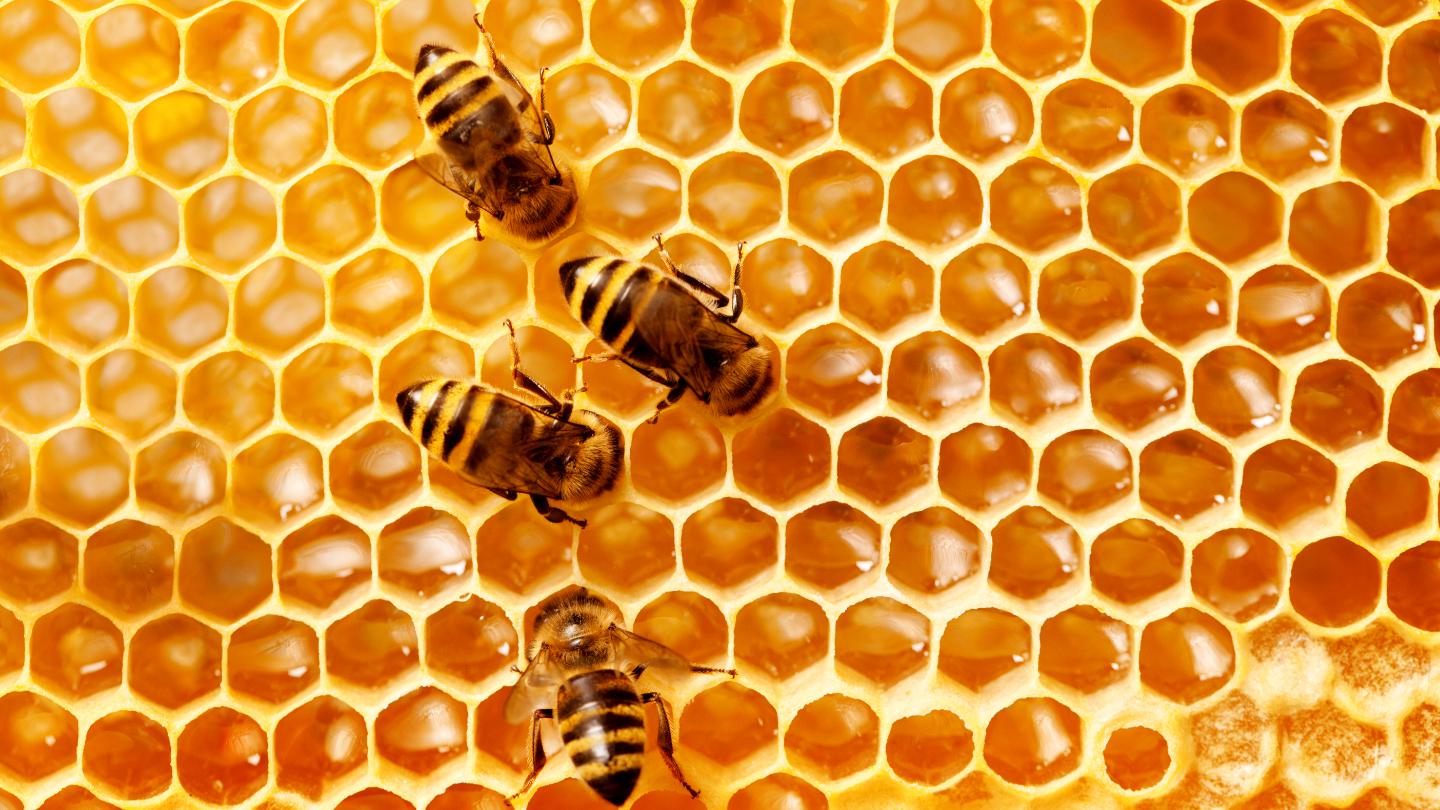Agriculture
Researchers develop a fungus that kills mites that contribute to honey bee Colony Collapse Disorder.
A new agricultural revolution could forever change the planet.
Researchers find that the coffee pulp is valuable in its own right.
If we lose our pollinators, we’ll soon lose everything else.
Do they really need the human touch?
It’s like a little magnetic “nom, nom.”
A fairly old idea, but a really good one, is about to hit the store shelves.
Agriculture is responsible for a quarter of greenhouse emissions, but who pays for these environmental costs?
An important step toward figuring out our space station future.
Researchers document the first example of evolutionary changes in a plant in response to humans.
A study finds 1.8 billion trees and shrubs in the Sahara desert.
Your health and the health of the planet are not indistinguishable.
Can we end world hunger by 2030? Thanks to a new program, the data for it is all there.
Modern crops have been optimized for a lot of things, but not for climate change.
Archaeology clues us in on the dangers of letting viruses hang around.
The major temples seem much more interesting than what also appears on the landscape: apparently random mounds of earth.
A new study examines the under-researched area of water theft around the world.
Carbon nanotubes embedded in leaves detect chemical signals that are produced when a plant is damaged.
Researchers evaluated the best and worst ways to remove greenhouse gases from the atmosphere in a recent report.
When these particles are eaten by earthworms, the results are not good.
Even before publication, health agencies were asking the journal not to publish the research.
A new report sees a major disruption in where we get our food.
Some pesticides are about as toxic as table salt.
It’s made from Chernobyl water and rye. What could possibly go wrong?
Cheese is one of the latest products to be used to create biogas.
The future of food sounds bleak, but it doesn’t need to be this way.
A glimpse into what a sustainable, inclusive future will look like.
Over two billion people regularly eat insects. Why are Americans so squeamish?
Beefless meat enters the mainstream.





























